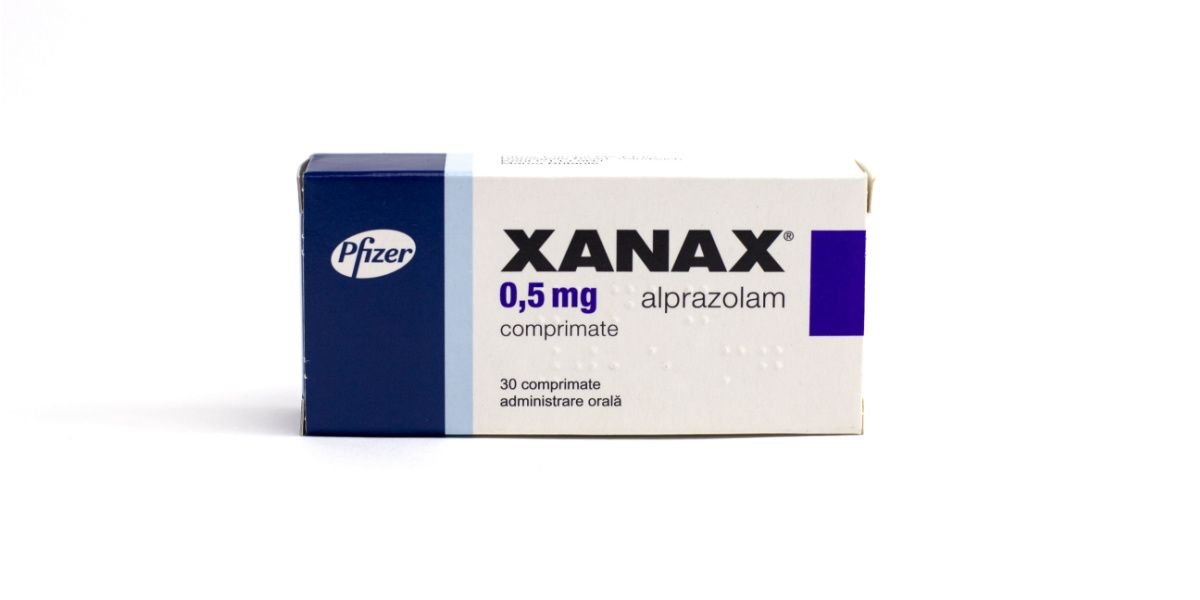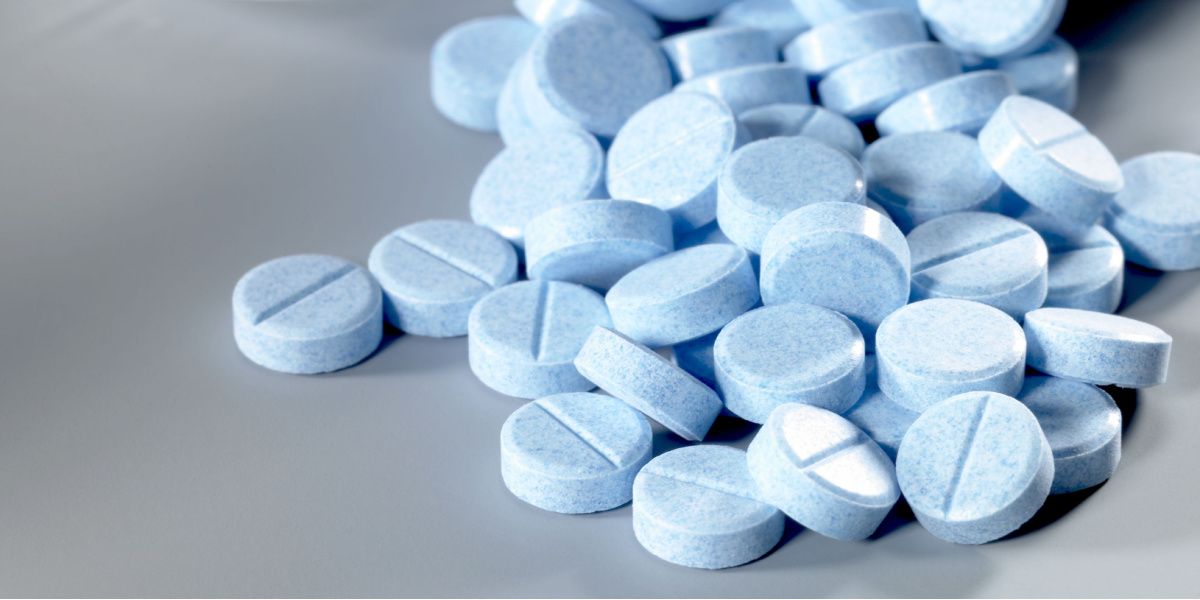Ativan is a brand name for the medication lorazepam, a benzodiazepine that is used to treat anxiety. Ativan should be prescribed for short-term treatment, usually between two to four weeks, and for no longer than four months. [1]
Benzodiazepines, such as Ativan, are Schedule IV controlled substances, due to their risk for dependence and abuse. Ativan is commonly misused and abused and can cause severe withdrawal symptoms. [1][2]

Does Ativan cause withdrawal symptoms?
Ativan can cause withdrawal symptoms, particularly when stopped abruptly following prolonged or heavy use. Because of this, it is advised to reduce the dose slowly when discontinuing Ativan use. [3]
Benzodiazepines are typically used for only short-term treatment of two to four weeks, as they can quickly cause the development of physical dependence. Once a physical dependence has developed, individuals are likely to experience withdrawal symptoms when stopping the medication, which can be severe. [1]
Ativan is a short-acting benzodiazepine, which means that it leaves the body quicker than other benzodiazepines, such as diazepam, and therefore causes a faster onset of withdrawal symptoms. [4]
Individuals who abuse or misuse Ativan, taking larger or more frequent doses than prescribed, taking large doses for several months, or using it alongside other substances, may be more likely to experience severe withdrawal symptoms. [1][5]
Ativan withdrawal symptoms
It is common for people stopping Ativan to experience withdrawal symptoms, which can range from mild to severe and can last several weeks or months.
Common Ativan withdrawal symptoms
Common Ativan withdrawal symptoms can include: [1][3][6]
- Anxiety
- Insomnia
- Restlessness
- Irritability
- Agitation
- Depression or low mood
- Confusion
- Memory and concentration impairments
- Headache
- Nausea
- Vomiting
- Diarrhea
- Dizziness
- Sweating
- Numbness or tingling in the hands and feet
- Depersonalization
- Loss of appetite
- Shaking
- Sensitivity to light and noise
- Stomach cramps or pains
- Palpitations
- Change in heart rate
- Fever
- Cravings
Severe Ativan withdrawal symptoms
In some cases, Ativan withdrawal symptoms can be severe or long-lasting. Severe withdrawal symptoms can include: [1][3][6]
- Seizures and convulsions
- Extreme changes in mood and behavior, such as panic attacks, severe depression, or aggression
- Psychosis, such as hallucinations, delusions, or paranoia
- Rapid heartbeat and high blood pressure
Ativan withdrawal timeline
Ativan has a short half-life so withdrawal symptoms can emerge within several hours of the last dose. They may be at their most severe within the first few days and can last for around two weeks. [5][6]
For some people, withdrawal symptoms can be more long-lasting, with some symptoms continuing for up to one year. [2][5]
The severity and duration of withdrawal symptoms will vary for each individual and may depend on their daily dose, the duration of use, and mental and physical health. [1]
Ativan cessation timeline
It is recommended to slowly reduce the daily dose of Ativan before complete cessation to help reduce or prevent severe withdrawal symptoms. An effective and safe cessation timeline can vary from person to person, but typically, it is advised to reduce the dosage by 5-25% every one to four weeks. This can also depend on the available tablet strengths. [3]
For example, someone may utilize the following cessation timeline:
- Week 1: 4mg
- Week 2: 3mg
- Week 3: 2mg
- Week 4: 1mg
- Week 5: Complete cessation
Someone who experiences more severe withdrawal symptoms may require a slower or more gradual cessation timeline, such as:
- Week 1: 4mg
- Week 4: 3.5mg
- Week 7: 3mg
- Week 10: 2.5mg
- Week 13: 2mg
- Week 16: 1.5mg
- Week 19: 1mg
- Week 22: 0.5mg
- Week 25: Complete cessation
If prescribed Ativan is stopped, the prescribing doctor will reduce the daily dosage and monitor the individual throughout the cessation process. If withdrawal symptoms occur, dose reductions can be paused or slowed, to allow for symptoms to reduce. [1]
Is Ativan safe to withdraw from at home?
Some people may be able to safely withdraw from Ativan at home, while others may require more intensive professional treatment. Individuals who have used small doses of Ativan for a short period may be able to taper off the medication with little or no withdrawal symptoms, under the advice of their doctor. [1][6]
However, individuals who abuse Ativan or have taken large doses for a prolonged time are likely to require professional support, as severe withdrawal symptoms can occur. In these instances, it may not be safe to withdraw from Ativan at home. [5][7]
If the individual wishes to remain at home while withdrawing from Ativan, it is recommended to inform both friends and family who can provide support, and a doctor who can provide advice and treatment if required. [6]
Ativan detox treatment
Ativan detox treatment can involve tapering off the medication with inpatient or outpatient treatment. Some people may be prescribed a longer-acting benzodiazepine as a replacement, as Ativan is short-acting and therefore is more likely to cause withdrawal symptoms. [3][7]
Individuals who have used Ativan short-term can typically utilize outpatient treatment, during which they will attend appointments with a clinician who can advise and support with tapering off the medication and provide treatment for withdrawal symptoms that occur. [3]
Those who have used Ativan for several months may need to utilize inpatient detox treatment, as this can provide continuous monitoring and treatment of withdrawal symptoms, and ensure the individual’s safety during cessation. [3][7]
Medications can be prescribed to help reduce the severity of certain withdrawal symptoms such as insomnia, anxiety, and seizures, including: [4][6]
- Melatonin
- Antidepressants
- Anticonvulsants
Additional treatments and interventions that might be helpful during and following detox include psychotherapy, psychosocial interventions, support groups, and holistic therapies.


.svg?v=1722504280)

